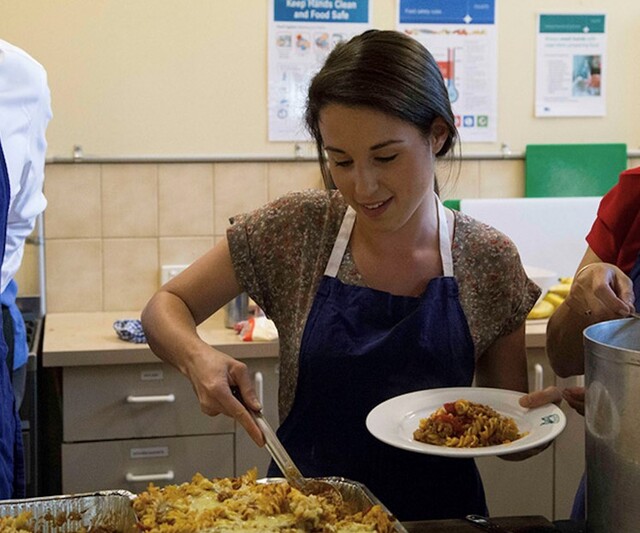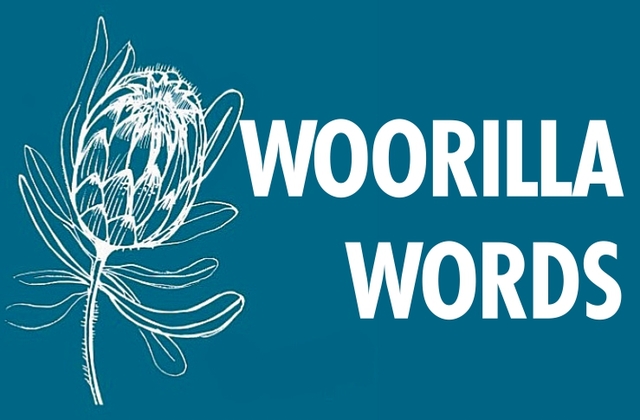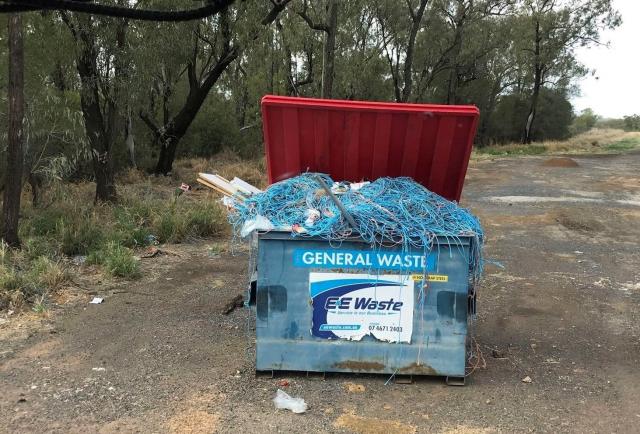Reporting from the Herald Sun has revealed that domestic violence victims are being inadvertently hit with the Victorian Government’s short-stay levy as they use short-stay accommodation, such as Airbnb, to escape their violent circumstances.
But leading university researchers state that this only identifies a bigger problem across the whole housing sector.
“It’s symptomatic of a much deeper set of challenges that we’re facing across the broader housing system… the majority of short-term accommodation offered on platforms such as Airbnb or Vrbo is residential housing that has transitioned out of the residential housing sector, such as the private rental market for example, into this quasi-tourism accommodation sector,” Dr Adam Crowe, Research Fellow at Curtin University’s Centre of the Australian Housing and Urban Research Institute (AHURI), said.
The Herald Sun cited an anonymous short-stay operator who couldn’t waive the levy for a victim of abuse and who showed documents and records indicating a domestic violence service was using their accommodation to house women feeling domestic abuse, as well as ‘sector sources’ who confirmed this was widespread as traditional hotels and motels and dedicated crisis accommodation remain in short supply.
In response, a Victorian Government spokesperson said people fleeing domestic violence have suffered enough and they will always support them.
“We set out exemptions so that this levy does not apply to temporary crisis accommodation providers and any organisation that is being subject to the levy and shouldn’t be, needs to contact the State Revenue Office for assistance,” they said.
“This policy is unlocking more homes for real rentals and more funding for social housing. This is an important step towards making more properties available for long-term rental – and giving Victorian families more opportunities to find a home.”
The Victorian Government also pointed to $150 million which has been provided to improve and expand refuge and crisis accommodation, including undertaking the refuge redevelopment program.
The refuge redevelopment program has been ongoing for almost a decade with the aim of replacing 17 communal refuges across the state with core and cluster models that allow for independent living combined with comprehensive support services. It also supported the construction of three new Aboriginal refuges and two additional core and cluster refuges in areas of high demand and took the state’s total to 35 refuges which can service nearly 200 families at any given time.
Eildon MP and Shadow Minister for Family Violence Cindy McLeish said these services are doing their best to help the growing number of domestic violence victims, and they can’t afford to be paying an extra tax.
“The victims fleeing by themselves often have very little and need all the help they can get getting back on their feet,” she said.
“Victims of family violence are certainly not having a holiday, they are looking to find somewhere safe,”
“Accommodation is a key factor in women’s decision to flee family violence. They should not have to choose between a family violence crisis and homelessness crisis.”
Ms McLeish cited the 17 October 2024 Legislative Council discussion of the Short-Stay Levy Bill where Liberal Member for the Northern Metropolitan Region Evan Mulholland raised the potential to include tax exemptions for people who utilise short-stays for medical treatment (where short-stays are seen as more accommodating for people with disabilities) or due to perceived mental or physical health threats to their safety or wellbeing, such as domestic violence incidents. In the discussion, Attorney General Jaclyn Symes said that the proposed amendments were ‘not able to be implemented in a workable way because anyone could claim that they meet one of the exemption criteria and it would be therefore impossible to verify that.’
Regardless of the levy, the question remains as to why victims and domestic violence support services have to turn to short-stay accommodation to house victims fleeing their circumstances.
Dr Crowe said short-term stay or short-term accommodation is certainly not an appropriate housing option for people fleeing domestic violence as it’s expensive, time-limited and doesn’t offer the required level of security of tenure for victims.
“The social housing wait list has ballooned where some eligible households are waiting up to 10 years for a placement, and this means they’re seeking housing across the private rental market, and they’re also competing with people who 10 years ago would have already moved into home ownership but are also seeking housing in the private rental market,”
“More important to this case study, it means that people are living much longer in crisis and transitional housing which is supposed to be the first port of call for people experiencing homelessness or people on the edge of experiencing homelessness, or in this case fleeing unsafe homes through domestic violence.”
According to data from AirDNA, an analytics platform that tracks performance and market data from short-term rental sites like Airbnb and was cited by Dr Crowe, today there are currently more than 23,000 active short-term rental listings in Melbourne alone.
“It’s essential to not only ensure that we have dedicated crisis and transitional accommodation, but we really need to increase the proportion of social and affordable housing across the country, but specifically in those high-cost urban areas,” Dr Crowe said.
“One of the key barriers to that, one of many, is that state governments now play a much smaller role in the direct provision of housing, state governments unlike 30 or 40 years ago are not the builder and the tenancy manager of the majority of our social housing, instead, it’s fallen on the non-profit community housing sector,”
“However, for the non-profit community housing sector to deliver the social and affordable housing that we urgently need, they have to compete on the private market for land and construction costs.”
According to AirDNA, the majority of the short-stay listings are full house listings and are two, (23 per cent), three (36 per cent) and four-bedroom (19 per cent) houses.
Dr Kate Seymour from Flinders University is an expert on gendered violence and said because of how short the supply of accommodation is in general across Australia, particularly the lack of rentals and social housing, when a domestic violence victim gets into crisis accommodation, she can’t be moved on until there’s somewhere else for her to go.
“Shelters and domestic and family violence services work on the basis that people come into the shelter and have a maximum time in which they can stay, whether that’s a month, two months, three months, and then they move on so you can get somebody else in,” she said.
“It turns all that on its head when there’s nowhere to go to move people on, it just creates a big bottleneck that slows everything down and also then increases reliance on things like motels and short-stay accommodation as the alternative to shelters, which means that there are more costs associated with funding it,”
“It’s going to be a further drain on the very limited resources that Jask and family violence services have, they’re already working on very limited funding and are having to make really hard decisions about who to help and how to help, given that they just don’t have enough housing or funding,”
“We’re still left with a huge problem in Australia around the lack of services with crisis accommodation for the women escaping domestic and family violence, levy or no levy.”







